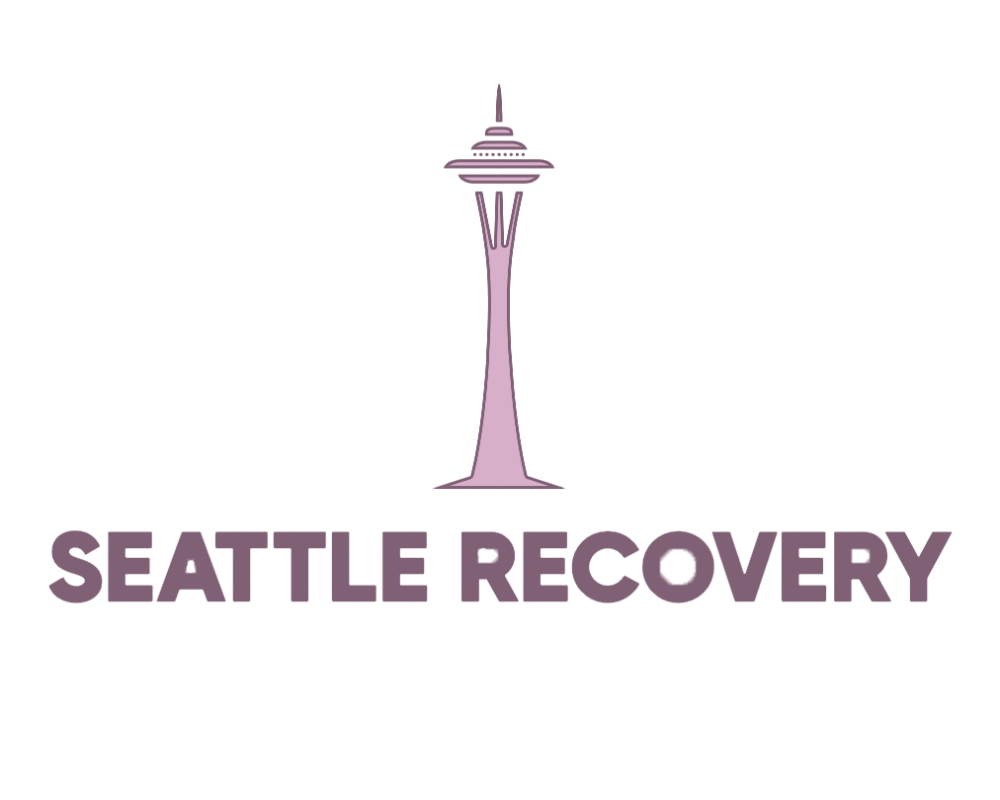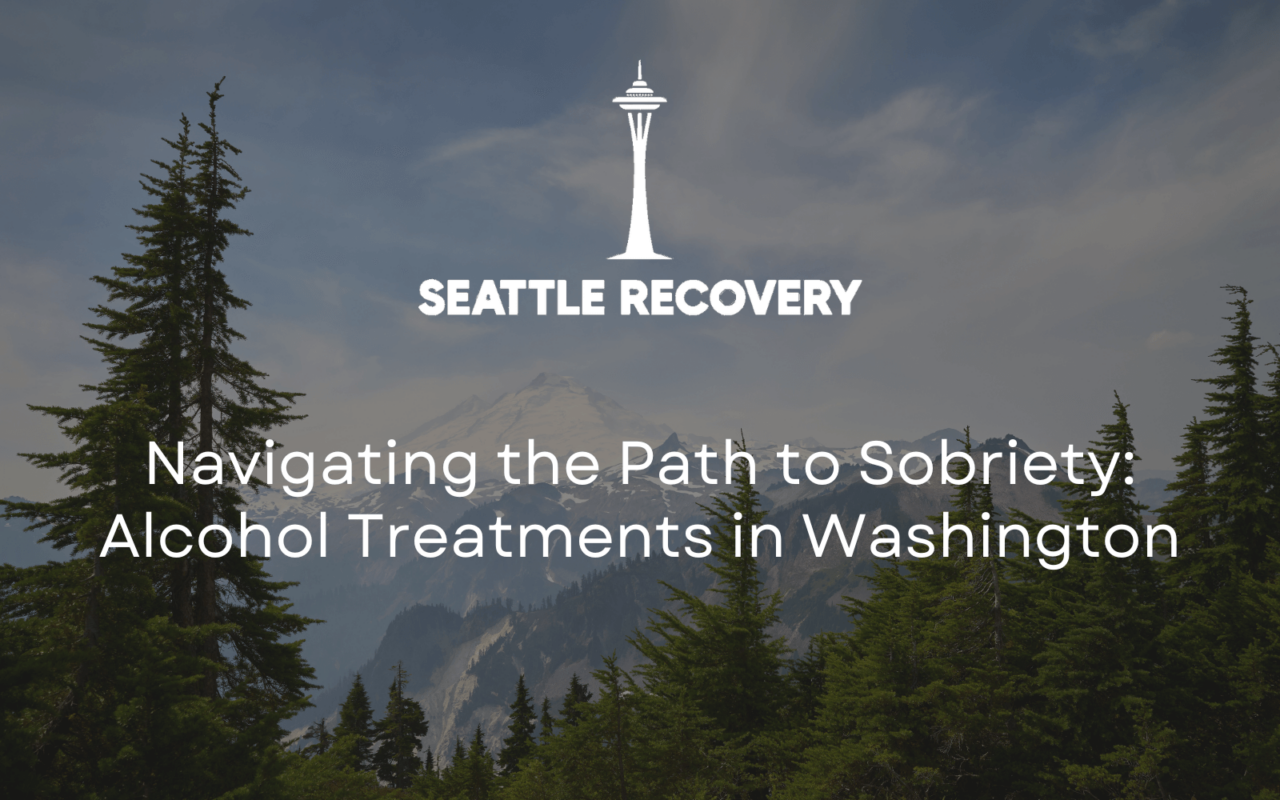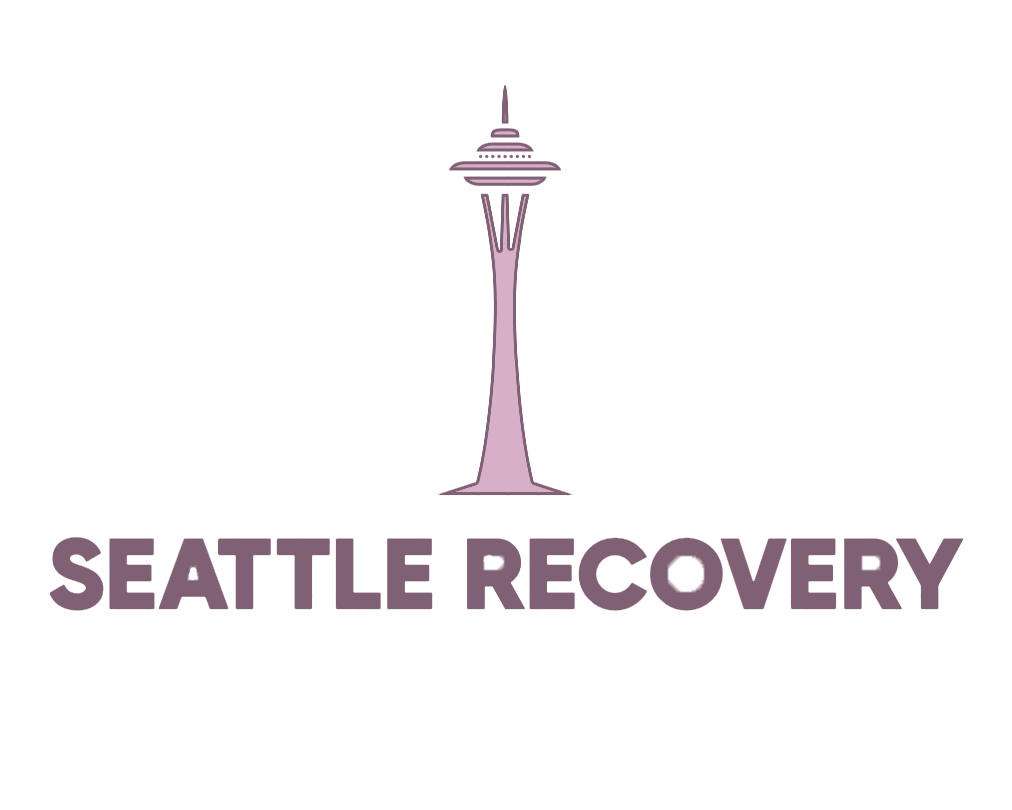Alcohol addiction doesn’t just affect the person who’s drinking—it ripples outward, touching families, friends, careers, and entire communities. At Seattle Recovery, we’ve seen firsthand how alcohol use disorder can take root in someone’s life and slowly consume everything they care about. But through our Alcohol Treatments in Washington, we’ve also witnessed the incredible resilience of the human spirit. With the right tools, support, and professional guidance, recovery is not only possible—it’s life-changing.
If you’re searching for help, or if someone you love is struggling with alcohol, you’ve likely come across a range of options. But what makes alcohol treatments in Washington unique? How do you know what kind of care is right for you or your loved one? And what role can a recovery center like Seattle Recovery play in helping you reclaim your life?
This guide is here to answer those questions—and offer hope. Let’s explore the full landscape of alcohol treatments in Washington and how Seattle Recovery supports individuals and families at every step of the recovery journey.
Understanding Alcohol Use Disorder: A Medical and Emotional Illness
Before we dive into treatment options, it’s important to understand what alcohol use disorder (AUD) really is. It’s not about willpower. It’s not about being weak. It’s a chronic brain disorder with biological, psychological, and social components. People with AUD may find it incredibly difficult to control their drinking, even when it causes serious harm.
In Washington state, alcohol is part of the cultural fabric. From microbreweries in Seattle to wine tastings in Woodinville, social events often center around alcohol. This normalization can make it especially difficult to recognize when drinking has crossed the line into addiction.
According to the National Institute on Alcohol Abuse and Alcoholism, signs of AUD include:
- Drinking more or longer than intended
- Unsuccessful efforts to cut down or stop
- Spending a lot of time drinking or recovering from drinking
- Cravings for alcohol
- Neglecting responsibilities at home or work
- Continued drinking despite health or relationship problems
Acknowledging the problem is a courageous first step. The next step is finding the right form of treatment—and Washington state offers a broad, diverse range of support options.
The Landscape of Alcohol Treatments in Washington
Every individual’s journey to sobriety is different. That’s why alcohol treatments in Washington span a wide spectrum of care levels and approaches. Whether you’re looking for medically supervised detox, residential rehab, outpatient services, or aftercare, there are programs designed to meet your unique needs.
Medically Supervised Detox
For many, the first stage of recovery is detoxification—safely removing alcohol from the body under medical supervision. Alcohol withdrawal can be dangerous, especially for those with long-term or heavy use. Symptoms may include tremors, nausea, insomnia, anxiety, seizures, or even delirium tremens (DTs), a potentially life-threatening condition.
In Washington, detox centers operate both independently and in conjunction with larger rehab facilities. Seattle Recovery works closely with reputable detox providers across the state to ensure our clients begin their journey in the safest way possible.
Inpatient Residential Treatment
Residential rehab offers a structured, immersive environment where individuals can focus entirely on their recovery. These programs typically last 30, 60, or 90 days, though some may be shorter or longer based on need. Residents attend individual and group therapy, engage in wellness activities, and receive 24/7 support.
What sets alcohol treatments in Washington apart is their integration of nature and mindfulness into traditional clinical methods. In places like the Olympic Peninsula or Spokane Valley, inpatient rehabs often incorporate hikes, meditation, and outdoor therapy into daily programming—something we at Seattle Recovery deeply value and encourage even in outpatient care.
Partial Hospitalization Programs (PHP)
PHP offers intensive care without requiring an overnight stay. Clients usually attend structured sessions five to seven days a week, for several hours each day. This level of care serves as a critical bridge between inpatient and outpatient services. It’s ideal for people who have completed detox and need support reintegrating into their lives.
Intensive Outpatient Programs (IOP)
At Seattle Recovery, we specialize in Intensive Outpatient Programs. IOP allows individuals to maintain their work, school, or family obligations while still receiving rigorous clinical care. Our IOP includes group therapy, trauma counseling, relapse prevention, coping skills workshops, and peer support. These alcohol treatments in Washington help clients stay grounded in their communities while rebuilding healthier lives.
Standard Outpatient Programs
Once someone has achieved a stable foundation, outpatient care helps them maintain progress. Weekly therapy, support groups, and continued medication monitoring are key components. This step-down approach ensures that recovery isn’t a one-time event, but a continuous, supported journey.
Therapeutic Modalities Used in Alcohol Treatments
The best alcohol treatments in Washington use evidence-based therapeutic models designed to address both the symptoms and root causes of addiction. At Seattle Recovery, we use a personalized, trauma-informed approach to care. Common therapeutic approaches include:
- Cognitive Behavioral Therapy (CBT): A widely used, evidence-based approach that helps individuals identify and change negative thought patterns and behaviors. It focuses on breaking the cycle of harmful thinking and developing healthier coping strategies for challenges.
- Dialectical Behavior Therapy (DBT): A specialized form of therapy that emphasizes building emotional regulation, mindfulness, and interpersonal skills. It is particularly effective for individuals dealing with intense emotions or borderline personality disorder.
- Motivational Interviewing: A collaborative and goal-oriented counseling method that helps individuals resolve ambivalence about making changes. It strengthens motivation and commitment to positive transformations, particularly helpful for those struggling with addiction or lifestyle changes.
- Trauma-Informed Care: An approach that acknowledges the profound impact of past trauma on current behaviors and emotions. By creating a safe and supportive environment, it helps individuals heal while avoiding re-traumatization.
- Family Therapy: A therapeutic approach aimed at improving communication, resolving conflicts, and strengthening relationships within families. It focuses on healing strained dynamics and fostering a supportive system for all members.
These therapies are delivered through individual sessions, group counseling, and psychoeducation workshops—providing both insight and practical tools for long-term sobriety.
The Role of Medication-Assisted Treatment (MAT)
For some individuals, medication can be a helpful part of recovery. MAT involves the use of FDA-approved medications to reduce cravings, manage withdrawal, and prevent relapse.
Common medications include:
- Naltrexone (Vivitrol): Blocks the pleasurable effects of alcohol
- Acamprosate (Campral): Helps stabilize brain chemistry after quitting alcohol
- Disulfiram (Antabuse): Causes unpleasant reactions when alcohol is consumed
Seattle Recovery works with licensed medical providers who assess whether MAT is appropriate for each client’s recovery plan. While not suitable for everyone, MAT is an effective option in many alcohol treatments in Washington—especially when combined with therapy and peer support.
Recovery in the Pacific Northwest: Why Location Matters
There’s something uniquely healing about recovering in Washington. From the soothing waters of Puget Sound to the towering forests of Mount Rainier, the Pacific Northwest offers a tranquil environment that fosters self-discovery and renewal. The region’s natural beauty provides a perfect backdrop for healing, with endless opportunities to find peace and clarity.
Many alcohol treatment centers in Washington embrace this stunning environment as part of their therapeutic approach. Programs often incorporate activities like equine therapy on quiet rural farms, meditative hikes through lush evergreen trails, or mindfulness exercises by serene lakes. At Seattle Recovery, we encourage our clients to connect deeply with nature as an integral part of their wellness plan. Whether it’s through a calming walk along a forest path or simply sitting quietly in the presence of nature, these moments can help ground emotions, reduce stress, and bring a sense of clarity during difficult times.
The natural world offers powerful support for healing and growth, making Washington an ideal place to rediscover balance and begin the journey toward lasting recovery.
Aftercare and Ongoing Support
Completing treatment is just the beginning. Sustained sobriety requires ongoing support, structure, and accountability. That’s why Seattle Recovery offers aftercare planning as part of every discharge process. Aftercare may include:
- Continued therapy (individual or group)
- Support group referrals (AA, SMART Recovery, Refuge Recovery)
- Alumni programming
- Vocational or educational support
- Sober living options
What makes alcohol treatments in Washington truly effective is this continuum of care—ensuring that clients don’t just leave treatment and return to the same circumstances that contributed to their addiction. Instead, they are equipped with tools, connections, and a plan for long-term success.
Supporting Families Through Recovery
Alcohol addiction doesn’t just affect the individual—it impacts entire family systems, creating emotional and relational challenges that can feel overwhelming. Loved ones often experience a range of emotions, from helplessness and anger to frustration and exhaustion, as they navigate the complexities of supporting someone struggling with addiction. At Seattle Recovery, we offer comprehensive family education and support services designed to rebuild trust, improve communication, and heal emotional wounds caused by addiction.
Family involvement is a cornerstone of lasting recovery because addiction affects the entire household, not just the person suffering. Many alcohol treatment programs in Washington incorporate weekly family groups where loved ones can connect, share experiences, and learn effective strategies to support recovery. We also provide one-on-one counseling sessions specifically tailored for partners, parents, or close relatives, helping them address their own needs and concerns. Additionally, we offer resources that empower families to set healthy boundaries while fostering an environment of understanding, so everyone involved can begin the journey toward healing together.

Breaking the Stigma: Changing the Conversation Around Addiction
One of the greatest challenges we face in the addiction recovery field is stigma. Too often, people delay treatment because they’re afraid of being judged or misunderstood. But addiction is not a moral failing—it’s a health condition.
At Seattle Recovery, we’re committed to changing the way our community views addiction and recovery. We believe that by normalizing discussions about alcohol treatments in Washington, we empower more people to seek help without shame.
Whether you’re struggling yourself or supporting someone who is, know this: you’re not alone. And there is no shame in asking for help.
Choosing the Right Treatment Center
With so many options, how do you choose the right provider? Here are a few things to consider when evaluating alcohol treatments in Washington:
- Accreditation: Is the program licensed and accredited by reputable organizations? Accreditation ensures the facility meets high standards of care and professionalism.
- Personalization: Are treatment plans tailored to the unique needs of each individual? Personalized care increases the likelihood of long-term success by addressing specific challenges.
- Continuum of Care: Does the facility provide ongoing support after discharge, such as follow-up sessions, support groups, or relapse prevention programs? Continued care can be crucial for maintaining progress.
- Therapies Offered: Are evidence-based therapies, like cognitive-behavioral therapy (CBT) or medication-assisted treatment (MAT), integrated into the program? Evidence-based approaches are proven to be effective in achieving positive outcomes.
- Reputation: What do past clients and their families say about the program? Are there testimonials or reviews available? Also, consider whether the staff is highly experienced, compassionate, and dedicated to helping individuals succeed.
Seattle Recovery is proud to meet all of these standards and more. Our team is here to listen, to guide, and to walk with you on your path to healing.
Begin Your Recovery at Seattle Recovery
If you or someone you love is searching for comprehensive, compassionate alcohol treatments in Washington, you’ve come to the right place. Seattle Recovery offers more than just therapy—we offer a roadmap for transformation.
From detox coordination to outpatient care, family support, and aftercare, we’re with you every step of the way. We’re not here to fix you—we’re here to empower you to reclaim your strength, your peace, and your future.
Contact us today to schedule an assessment or speak with a member of our admissions team. The path to sobriety starts with one brave decision. We’ll help you make the next. For more information, visit our website https://seattlerecovery.org/ or call us at (206) 231-0252.







